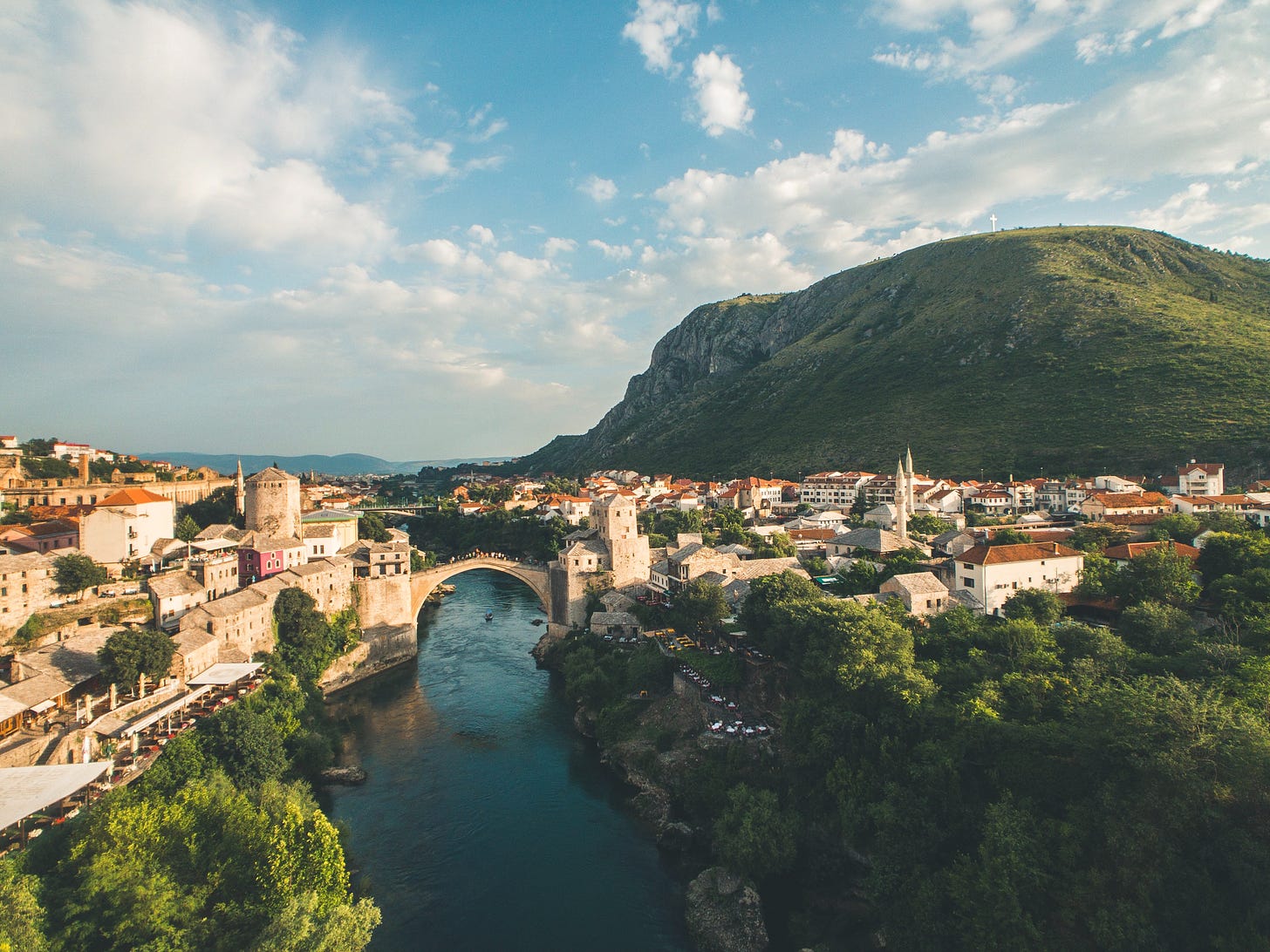The state of the Bosnian startup ecosystem
Wounds from the country's troubled past are healing but occasionally flare up. Bosnian startups are fighting to grow despite the ambient political quagmire.

Scars from the past
Bosnia and Herzegovina had the most bloody path to independence out of all 6 countries that made up what was formerly known as Yugoslavia. Tito, Yugoslavia’s seminal, charismatic leader had managed to suppress the ethnic conflicts he knew could ignite at any moment. But the fragile peace he tentatively instated crumbled with him.
Tito’s death led to the rise of nationalism amongst the different states making up Yugoslavia, leading them to successively declare their independence. Bosnia’s declaration of independence would catapult the country into an ignominious civil war, opposing the country’s three main ethnic groups, Bosniaks (Muslims), Croats (Catholics), and Serbs (Orthodox Christians). Supported by then-Serbian leader Slobodan Milošević, the country’s Serbs would clash with NATO-backed Bosniaks. Around 100,000 people would succumb to the war, with the epitome of the conflict’s violence exemplified by tragedies such as the Srebrenica massacre.
The Dayton Agreement, signed in 1995, would put an end to the war and usher in an era of uneasy peace. The country, albeit technically unified, was divided into two main regions, and a plethora of cantons. The country would even inherit a unique tripartite presidency, with one president representing each ethnic group. As seen in Lebanon, this type of political system seldom creates long-term prosperity and good governance.


